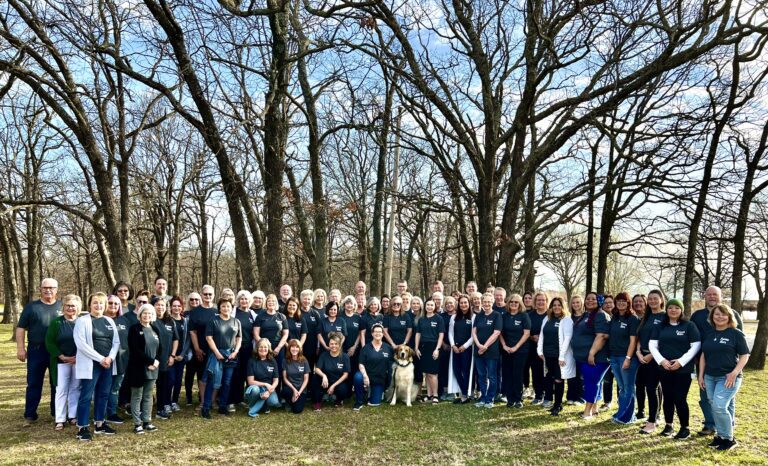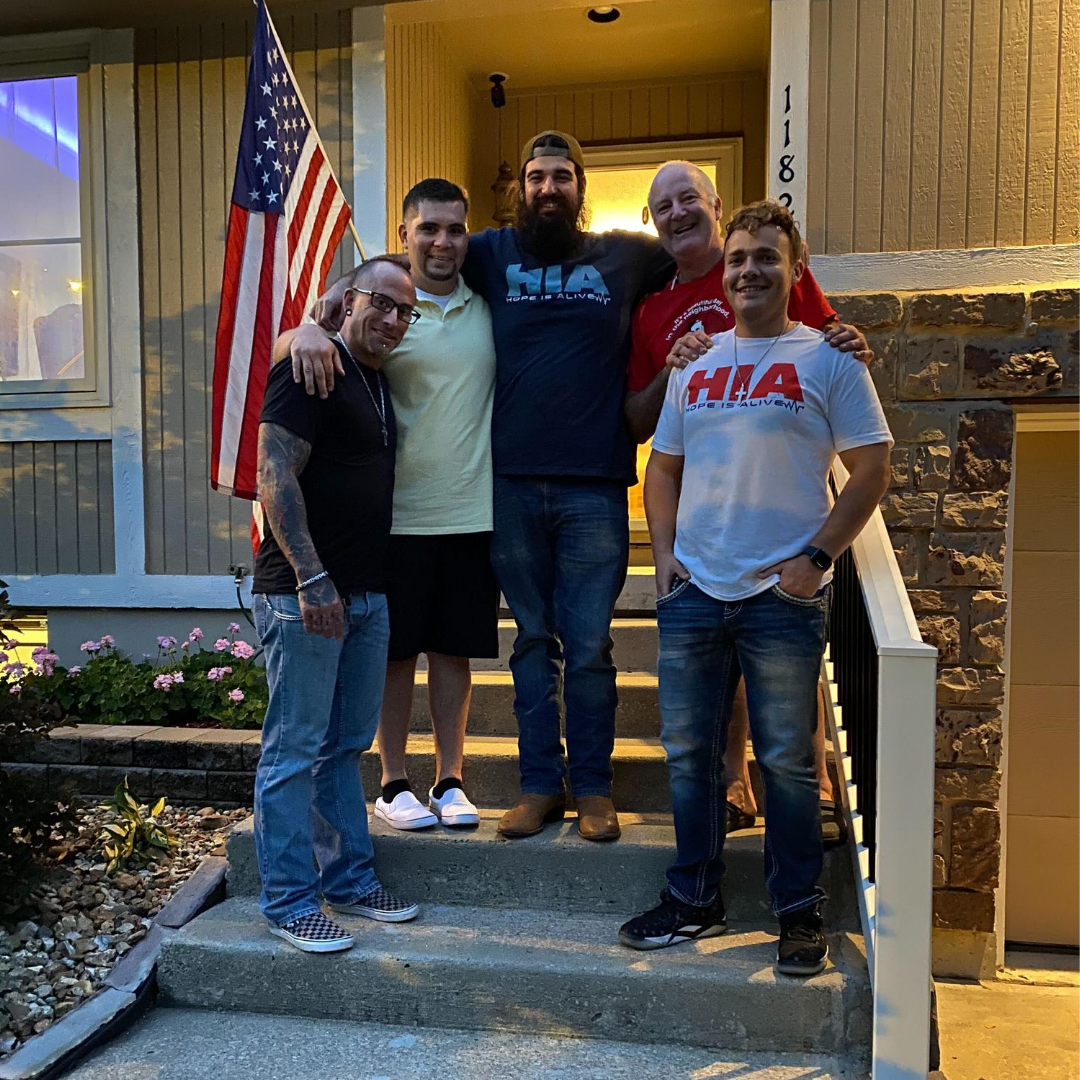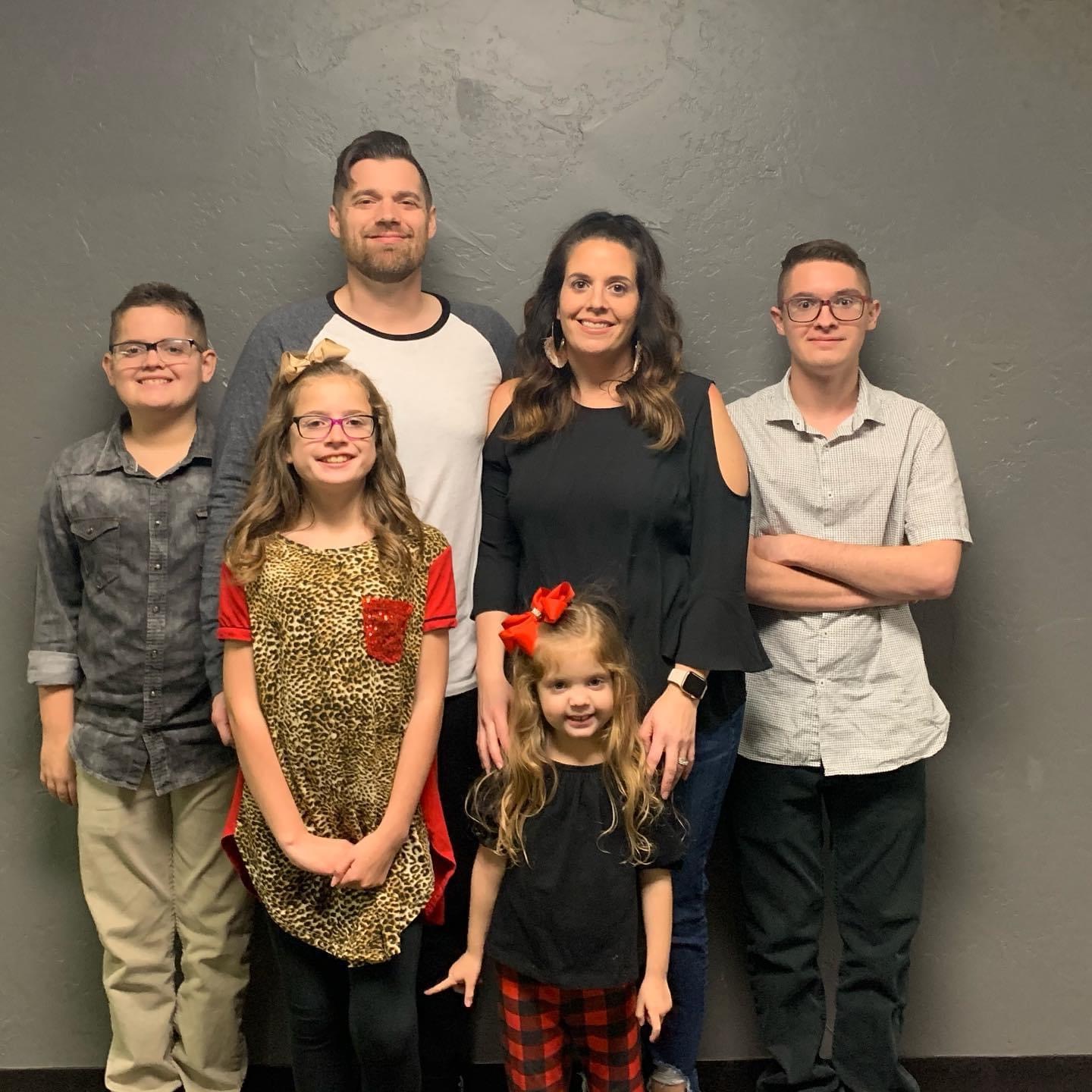
Kelly Holly felt torn.
As she walked alongside her husband in his battle with alcohol addiction, she didn’t want to leave him—not even for a moment. Just as he entered his 18th month of sobriety, Kelly considered attending Hope is Alive’s Finding Hope retreat in 2022, but her son was also struggling with active addiction and recovering from surgery.
She felt selfish for even considering the retreat. Self-care just didn’t seem realistic at that point.
“Rest is a foreign concept for someone who’s been caretaking someone in addiction, because you’re always worried about tha tperson and what they’re going to do,” Kelly said. “I feel like I’m always on the defense. To be able to go to the retreat and take a breath meant everything.”
Somehow, Kelly’s husband persuaded her to go to the event and put herself first for a much-needed respite. She didn’t know what to expect at her first retreat, but it didn’t take long to realize she was in the right place with the right group. She felt at home throughout the weekend designed for individuals whose loved ones have been challenged by addiction.
“Immediately, I felt welcome,” Kelly said. “I didn’t feel judged. I knew that these were my people.”
Amy LaRue, HIA’s Finding Hope Coordinator, said Kelly’s reaction to the breakout sessions, guest speakers, and small groups is at the heart of what the Finding Hope retreats are all about.
“We need these weekends to grow, to unplug, to laugh, to cry,” she said.
From the beginning, Amy has envisioned the retreats as an extension of the Finding Hope support groups—an intentional, relaxing time away form everyday life for the loved ones of those whose journeys have included addiction (and, hopefully, recovery).
Amy knew firsthand what such a time of renewal and fellowship would mean to participants. Her husband, who abused substances, is currently in recovery. A weekend of worship and connecting with others who understand the journey—in a safe environment—can be invaluable.
“Some of our loved ones are in recovery, and some of them are not, so we get people from all walks of life,” Amy said.
One of the most important aspects of the retreat is the opportunity for participants to engage in self-care, including golf outings, painting, walking the trails of the host center, or simply taking a much-needed nap.
“We can find healing no matter what our loved one is or isn’t doing,” Amy said. “My ultimate goal is that attendees are able to go back to reality with hope. The motto is, ‘You are not alone. It’s not your fault. There is hope.’”
As Kelly searched for Bible studies for those whose family members were experiencing addiction, she stumbled upon Amy’s Finding Hope studies in the YouVersion Bible app. Kelly had attended a similar secular small group program, but couldn’t find a connection there. When she joined the Finding Hope support grou—even with her first meeting held via Zoom—it was vastly different.
“They completely understood, and I didn’t have to pretend with these people,” Kelly said.
After attending the retreat, Kelly planted a Finding Hope group in her hometown of Midland, Texas, and brought several of her group’s members to the recent 2023 retreat in Tulsa. It didn’t disappoint.
It’s not uncommon for retreat participants to worry about a loved one while they’re gone, but Kelly has learned it’s worth going anyway.
“You have to be able to release that control and go to the retreat, enjoy yourself, and do a little bit of self-care,” she said. “I already have next year’s retreat marked on my calendar—I won’t miss it.”
To learn more about Finding Hope or to find a meeting in your area, go here. Those interested in next year’s Finding Hope retreat can learn more here.
This is a condensed version of “A Welcome Time of Retreat,” a longer story originally written by Carla Hinton for Radical Magazine, a publication of Hope is Alive. You can read the full issue here.




